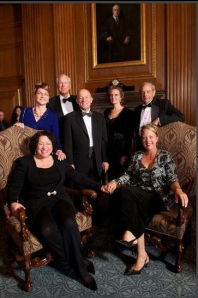Technology and Florida Family Law Courts
The Commentator, which is the official magazine of the Florida Bar Family Law Section, recently published an entire issue dedicated to technology utilized in the practice of family law. Thirteenth Judicial Circuit Judge Catherine M. Catlin was interviewed in this edition, and she discussed the impact of technology in Hillsborough County Family Law Courts:
Q: What types of technology do you use in your family law courtroom?
Judge Catlin: Almost every family law courtroom in Hillsborough County has been installed with Skype [computer video conferencing software]. Skype allows participants in the litigation proceeding, who are not in the courtroom, to feel like part of the proceeding because they can see the judge and the judge can see them. Using Skype also allows the family law judges to swear in witnesses not in the courtroom so that a notary does not need to be on the witness’s end. We can now do adoptions through Skype or telephone. Also, we are cognizant of the cost of expert witnesses and now expert witnesses can testify through Skype, eliminating the portal to portal fees that most experts charge.
Q: What types of technology do you see attorneys use in your courtroom?
Judge Catlin: I see attorneys play back videos such as video depositions or Children’s Justice Center tapes. Also, attorneys themselves bring their laptops to court to take notes. Other than that, there are not a lot of other types of technology used.






